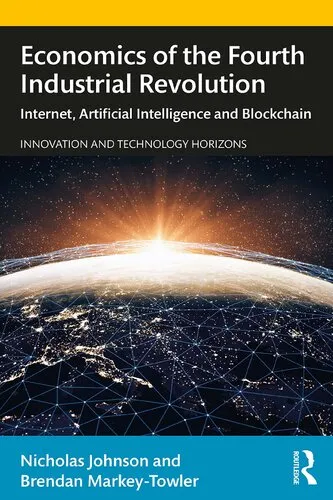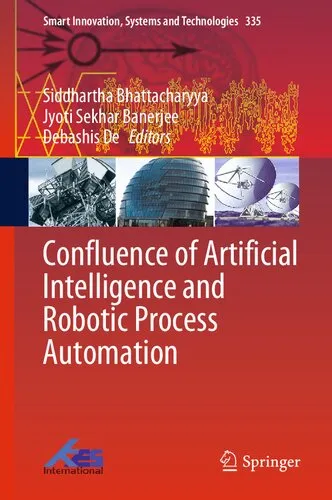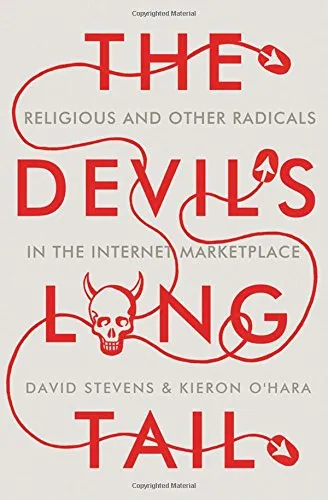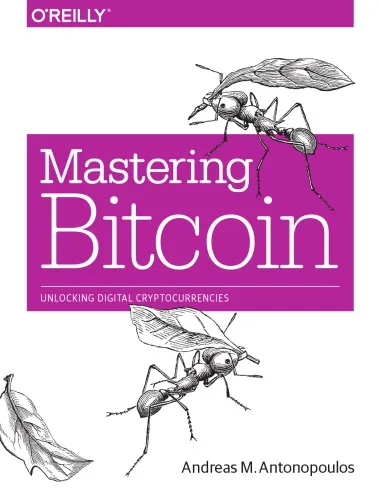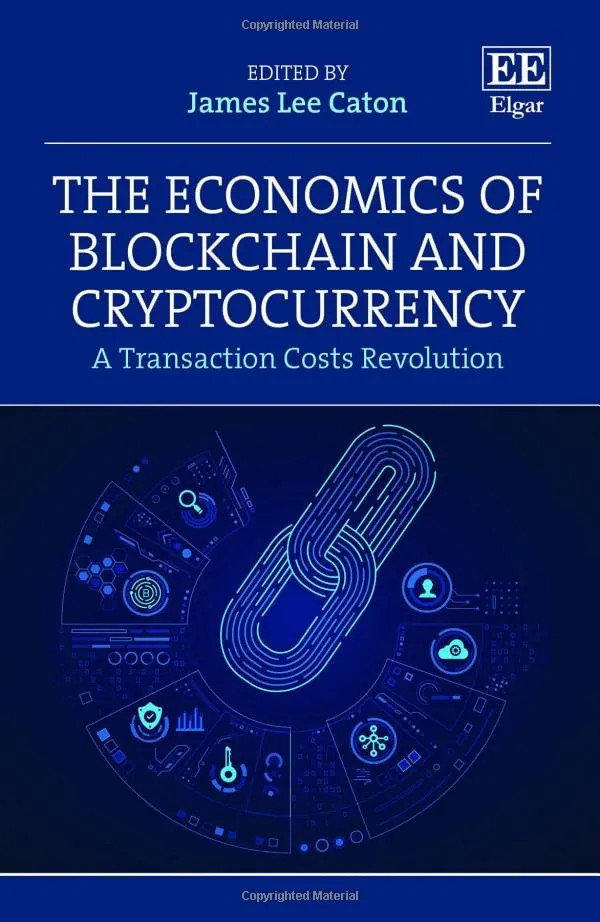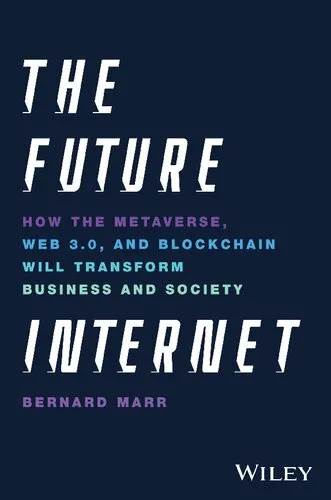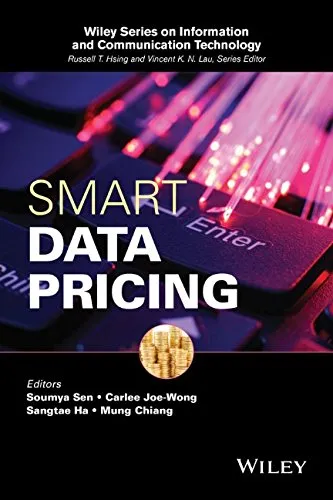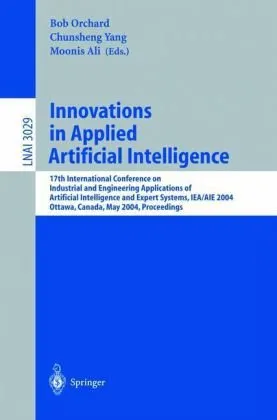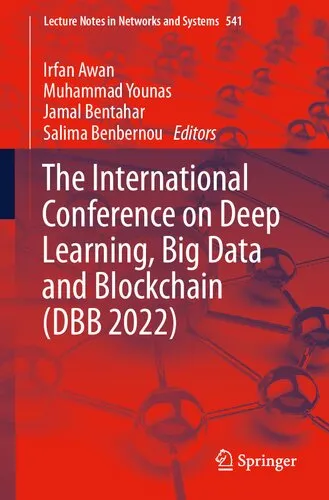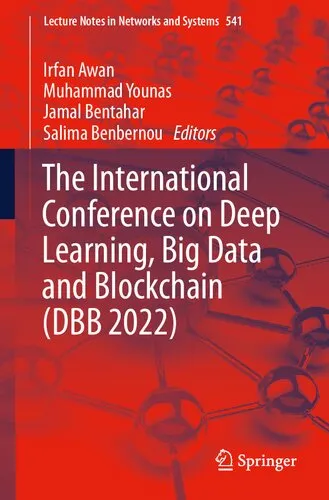Economics of the Fourth Industrial Revolution: Internet, Artificial Intelligence and Blockchain
4.9
Reviews from our users

You Can Ask your questions from this book's AI after Login
Each download or ask from book AI costs 2 points. To earn more free points, please visit the Points Guide Page and complete some valuable actions.Related Refrences:
Introduction
Welcome to a revolutionary exploration of the forces reshaping our world. "Economics of the Fourth Industrial Revolution: Internet, Artificial Intelligence and Blockchain," co-authored by Nicholas Johnson and Brendan Markey-Towler, delves into the dynamic interplay of the technologies driving unprecedented change. As the internet, artificial intelligence (AI), and blockchain converge, they are not just transforming industries but also redefining economic paradigms.
This book provides an in-depth analysis of how these technologies influence economic structures, labor markets, and societal norms. Through comprehensive research and insightful case studies, the authors unravel the complexities of this revolution, offering readers a roadmap to navigate and harness these transformative forces.
Detailed Summary of the Book
The book is structured to provide a holistic understanding of the Fourth Industrial Revolution. It starts by defining the fundamental characteristics of this revolution and contrasts it with previous industrial transformations. The authors then explore how the internet has become the backbone of contemporary economic interactions, facilitating global commerce, communication, and innovation.
With AI's profound capabilities, the book discusses its potential to automate not only routine tasks but also complex decision-making processes. It highlights the economic potential while addressing the ethical and societal challenges AI presents.
The section on blockchain technology examines its role in decentralizing systems and enhancing security and transparency in transactions across sectors. The authors discuss potential applications beyond cryptocurrencies, including smart contracts and decentralized finance.
Throughout the book, Johnson and Markey-Towler emphasize the interconnectedness of these technologies and their collective impact on modern economic systems. They also address the implications for employment, education, and governance.
Key Takeaways
- The Fourth Industrial Revolution's technologies are fundamentally altering economic frameworks at an unprecedented pace.
- Understanding and leveraging the internet, AI, and blockchain will be crucial for future economic success.
- These technologies pose significant societal and ethical challenges that require thoughtful policy and governance.
- Interdisciplinary collaboration is essential to maximally harness the potential of these transformative technologies.
Famous Quotes from the Book
"The new industrial age demands a reassessment of value creation and distribution mechanisms in a digital world."
"Artificial intelligence is more than an addition to our tools; it is a paradigm shift in how we conceptualize and resolve our problems."
"Blockchain redefines trust in transactions, shifting from institutional to protocol-based verification."
Why This Book Matters
As industries across the globe grapple with the rapid pace of technological advancement, understanding the economic implications of the Fourth Industrial Revolution becomes imperative. This book offers critical insights that equip business leaders, policymakers, students, and academics with the knowledge needed to thrive in this new era.
With a blend of theoretical insights and practical perspectives, "Economics of the Fourth Industrial Revolution" serves as both a guide and a call to action. It emphasizes the necessity of proactive adaptation to new realities and the importance of forging pathways that ensure inclusive and equitable growth.
The authors' unequivocal message is that as we stand on the brink of further innovations, now is the time to engage with the economic and social questions that these technologies pose, ensuring that the future is shaped deliberately and equitably.
Free Direct Download
You Can Download this book after Login
Accessing books through legal platforms and public libraries not only supports the rights of authors and publishers but also contributes to the sustainability of reading culture. Before downloading, please take a moment to consider these options.
Find this book on other platforms:
WorldCat helps you find books in libraries worldwide.
See ratings, reviews, and discussions on Goodreads.
Find and buy rare or used books on AbeBooks.
1345
بازدید4.9
امتیاز0
نظر98%
رضایتReviews:
4.9
Based on 0 users review
Questions & Answers
Ask questions about this book or help others by answering
No questions yet. Be the first to ask!
